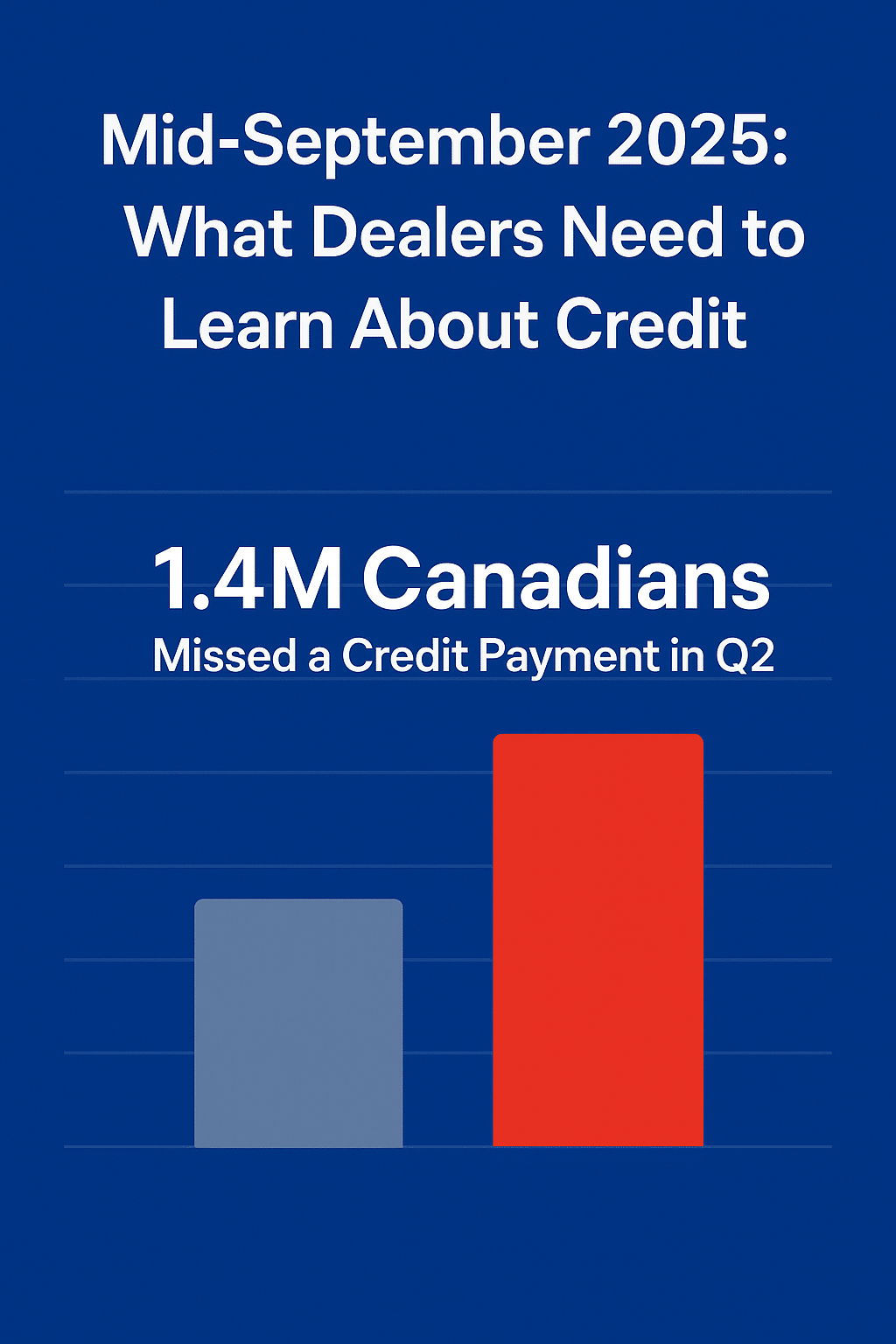For dealerships, staying on top of compliance regulations is a complex, yet essential, part of business. From federal to state and local regulations, dealerships must be vigilant to avoid costly penalties. It’s not just about protecting the business but also about maintaining the trust of customers and ensuring that every transaction is handled with integrity and transparency.
This guide breaks down the 16 most critical regulations that F&I (Finance and Insurance) departments must adhere to, ensuring that you’re aware of your responsibilities and how to navigate this regulatory landscape effectively.
1. GLBA & Safeguards Rule Changes
The Gramm-Leach-Bliley Act (GLBA) was designed to protect the privacy of consumer information. Recent updates, effective from June 9, 2023, require even stricter safeguards for protecting non-public personal information (NPPI). Whether in sales, service, or finance, NPPI must be handled with utmost care across all dealership departments.
Penalties: Civil penalties can reach up to $100,000 per violation, with criminal penalties including up to 5 years imprisonment.
2. The Disposal Rule
This rule mandates that sensitive consumer information, such as consumer reports, must be destroyed securely. Shredding, burning, or pulverizing documents to prevent unauthorized access is required.
Best Practice: Implement a strict document disposal policy and train employees to adhere to it.
3. Magnuson-Moss Warranty Act
This law requires dealerships to clearly communicate warranty details to buyers, ensuring transparency. Whether it’s a new or used vehicle, buyers must have access to warranty terms before signing the contract.
4. Used-Car Rule
Are your Buyer’s Guides compliant? This rule ensures that customers receive accurate information about used vehicles, including whether the vehicle is being sold “as is” or with warranty coverage. Keep these guides visible and accurate at all times.
5. Regulation M
As part of the Truth in Lending Act, Regulation M governs consumer leasing disclosures, ensuring that customers understand the leasing terms. It’s critical to make sure all leasing offers are transparent and easily understood.
6. Regulation Z
This regulation also falls under the Truth in Lending Act and requires clear disclosure of credit terms. This helps consumers compare credit options without confusion. Make sure all loan documents meet these disclosure requirements.
7. Equal Credit Opportunity Act (ECOA)
Discrimination in lending is illegal. The ECOA requires equal credit opportunity regardless of race, color, religion, national origin, sex, marital status, or age. Review your lending practices regularly to ensure compliance and fair treatment.
8. Fair Credit Reporting Act
This act governs the privacy and accuracy of credit report information. It also dictates how credit information can be used and disclosed. Proper training on how to handle credit information is essential for compliance.
9. Adverse Action Notices
If credit is denied or offered on different terms, you must issue an Adverse Action Notice within 30 days. The notice should clearly outline why the credit decision was made and inform the consumer of their rights.
10. Credit Practices Rule
This rule prevents the use of unfair contract provisions and ensures that co-signers are fully aware of their obligations. Late fee charges and other penalties must also be clearly defined and applied fairly.
11. Federal Advertising Laws/Truth-In-Advertising
Advertising must be truthful and not misleading. Any financing terms or offers must include specific disclosures, and claims must be backed by evidence. Avoid using ambiguous language that could be interpreted as deceptive.
12. Red Flags Rule
Dealerships must have an identity theft prevention program in place. This includes identifying and responding to potential red flags that may indicate identity theft. Regularly review your policies and procedures to ensure they are up to date.
13. Fuel Economy Advertising for New Automobiles
Fuel economy claims must match the actual vehicle being sold. Misrepresenting highway MPG as city MPG or using incorrect figures can lead to penalties. Ensure that all fuel economy advertising is precise and factual.
14. Form 8300 and Reporting Cash Payments Over $10,000
Any cash payment over $10,000 must be reported to the IRS using Form 8300 within 15 days of the transaction. This helps prevent money laundering and keeps your dealership compliant with IRS requirements.
15. Office of Foreign Assets Control (OFAC)
You are required to check customer names against the Specially Designated Nationals List (SDN List) to prevent transactions with sanctioned individuals or entities. The penalties for non-compliance are severe, including up to 30 years in prison and multi-million-dollar fines.
16. [Proposed] Motor Vehicle Dealers Trade Regulation Rule
Introduced in June 2022, this proposed rule aims to curb “junk fees” and bait-and-switch advertising tactics. Although still pending, it’s essential to stay informed and prepare for potential changes that could significantly impact your dealership’s sales and financing procedures.
Why Compliance Matters
Compliance is more than just following rules—it’s about building trust with your customers and protecting your dealership from legal risks. With potential penalties ranging from hefty fines to criminal charges, the stakes are high. But with the right training, policies, and vigilance, your dealership can navigate this regulatory environment successfully.
Take Action Now:
- Review and update your policies regularly.
- Provide comprehensive training for all employees.
- Use compliance management tools to stay informed and monitor for changes.
For more information on these regulations and how to ensure your dealership is protected, visit KPA Compliance Solutions.
Staying compliant doesn’t have to be overwhelming—partner with experts who understand the complexities of dealership regulations and can support your business every step of the way.




